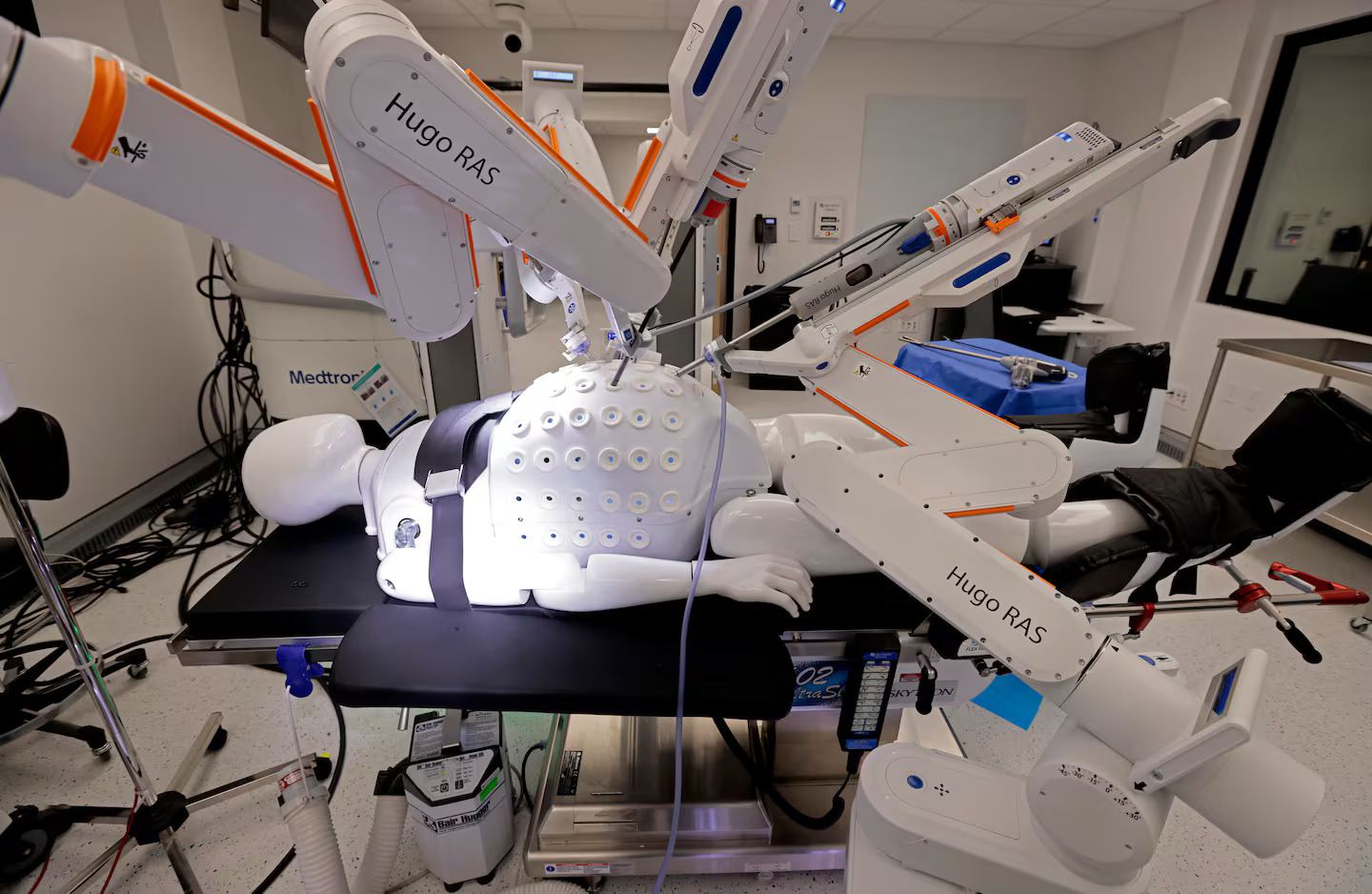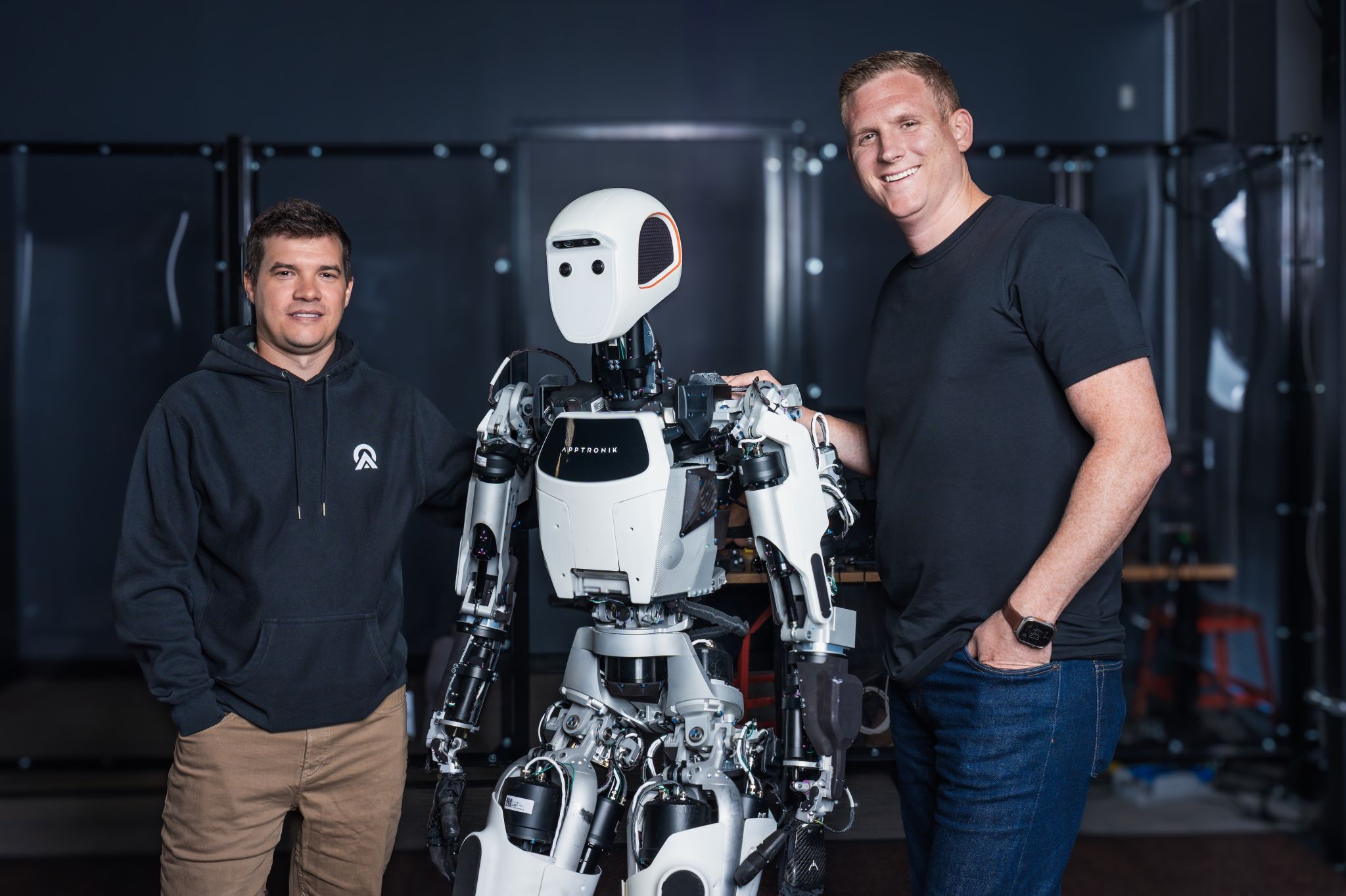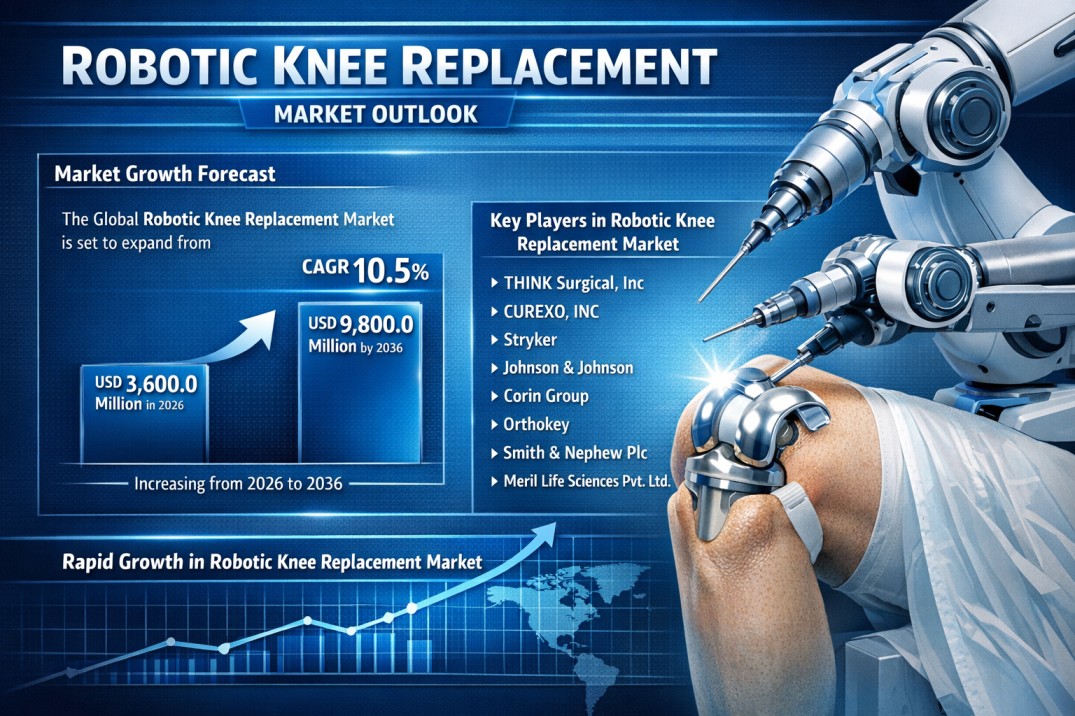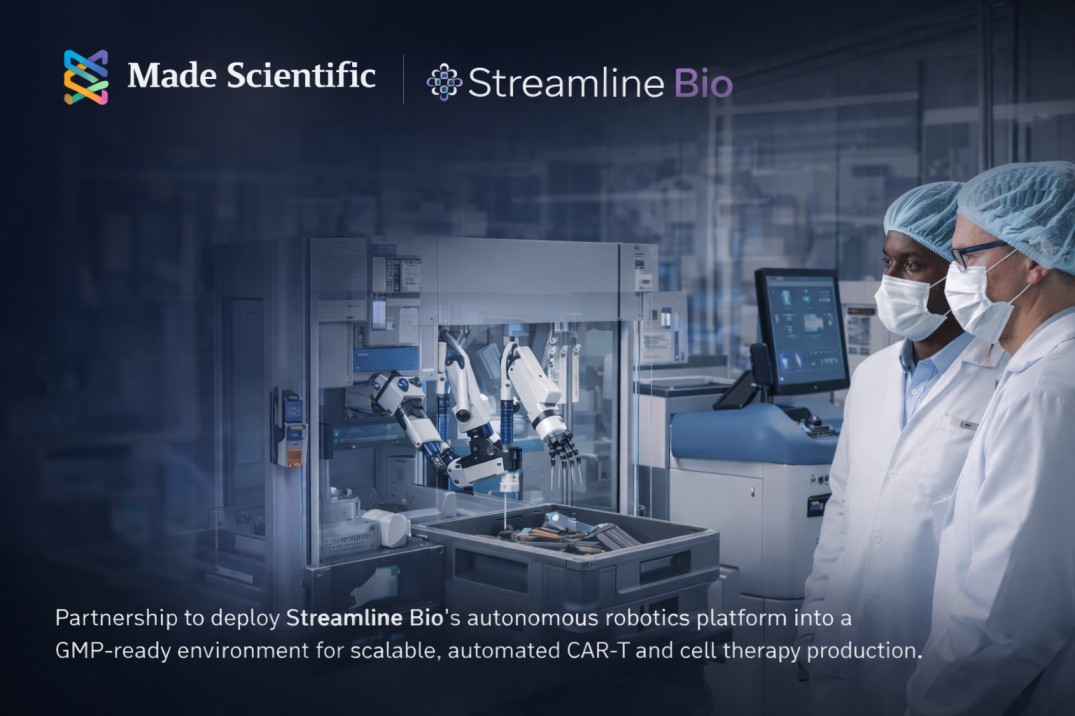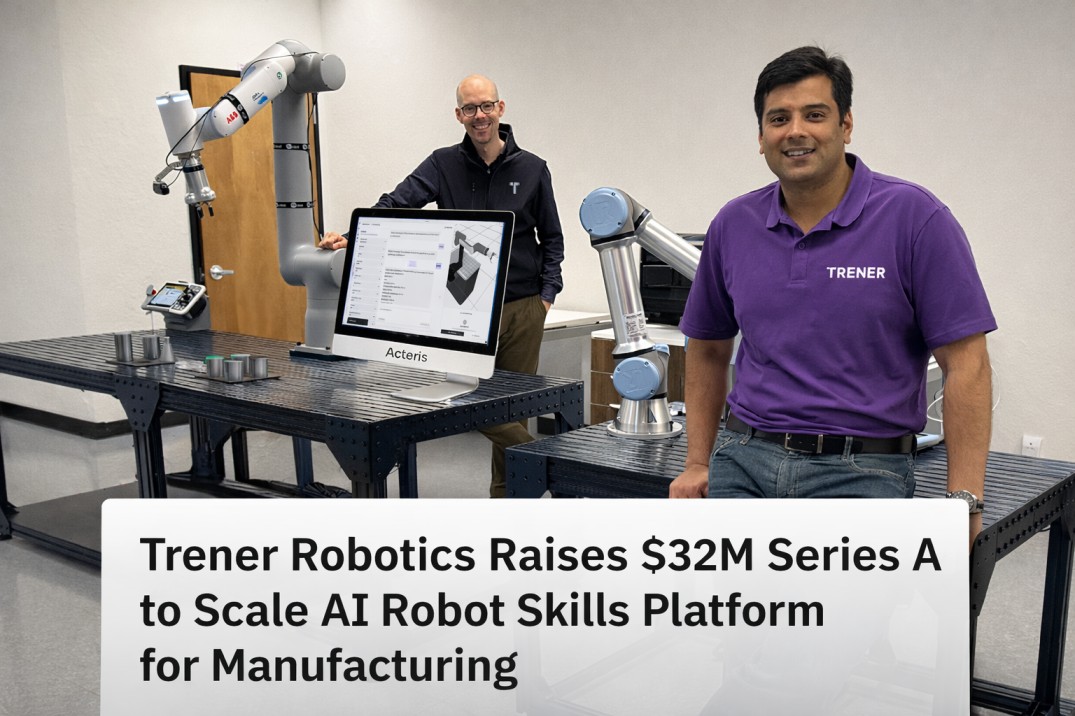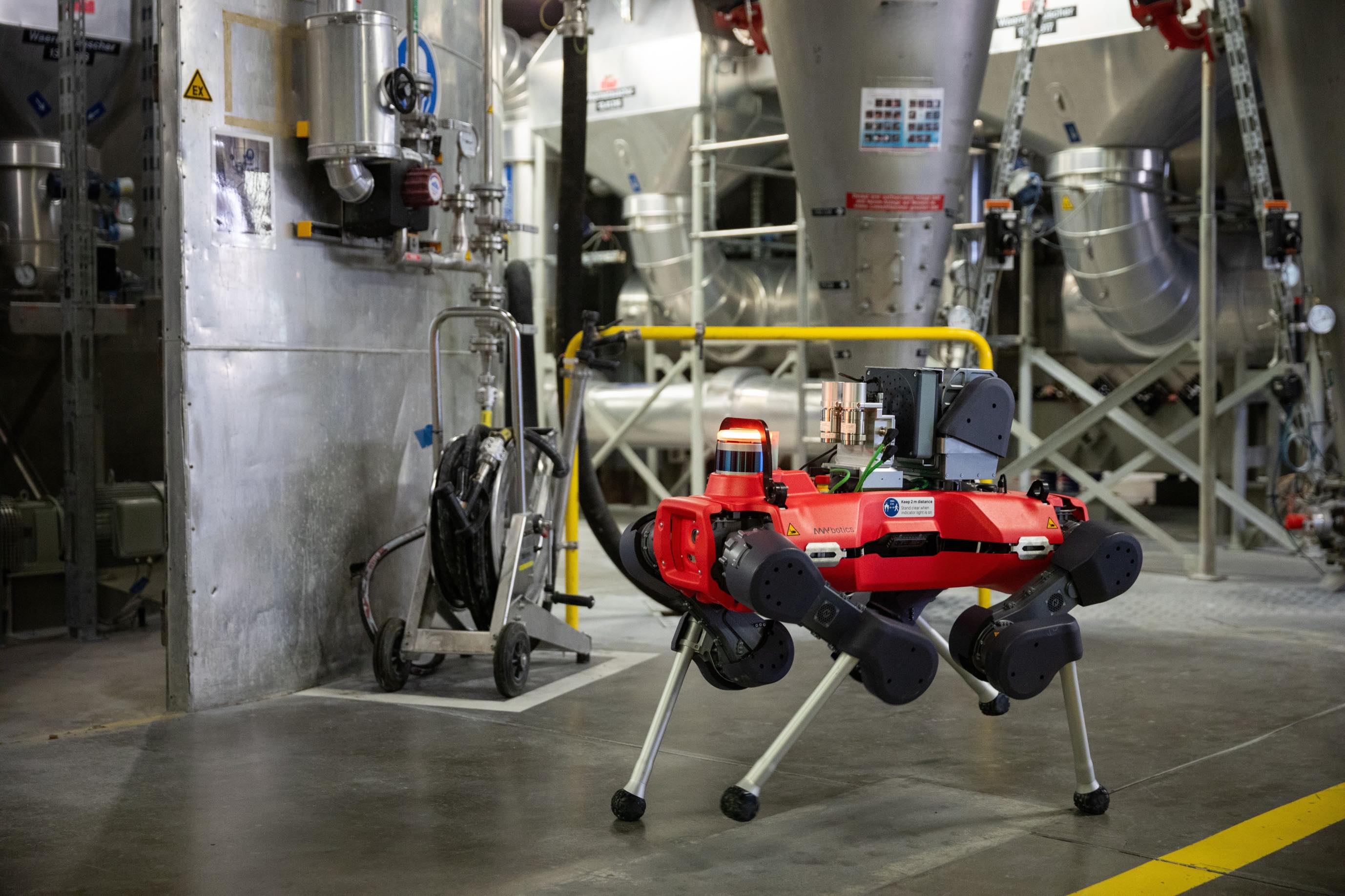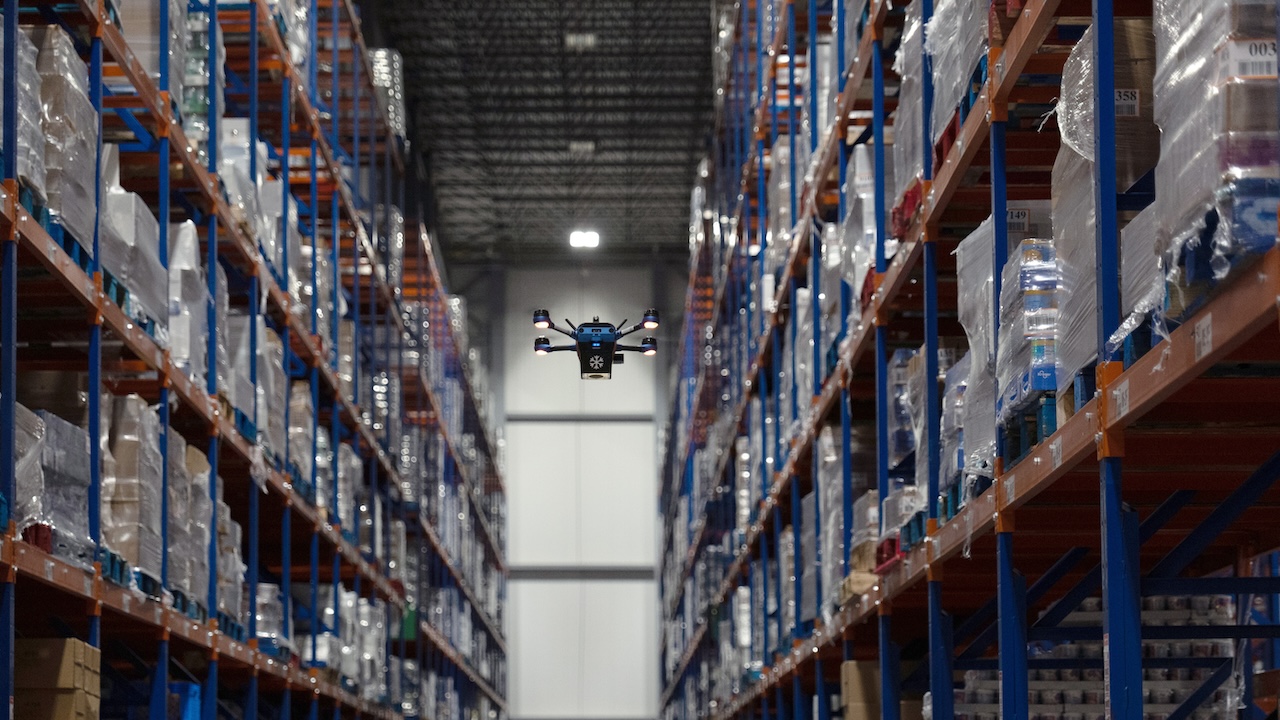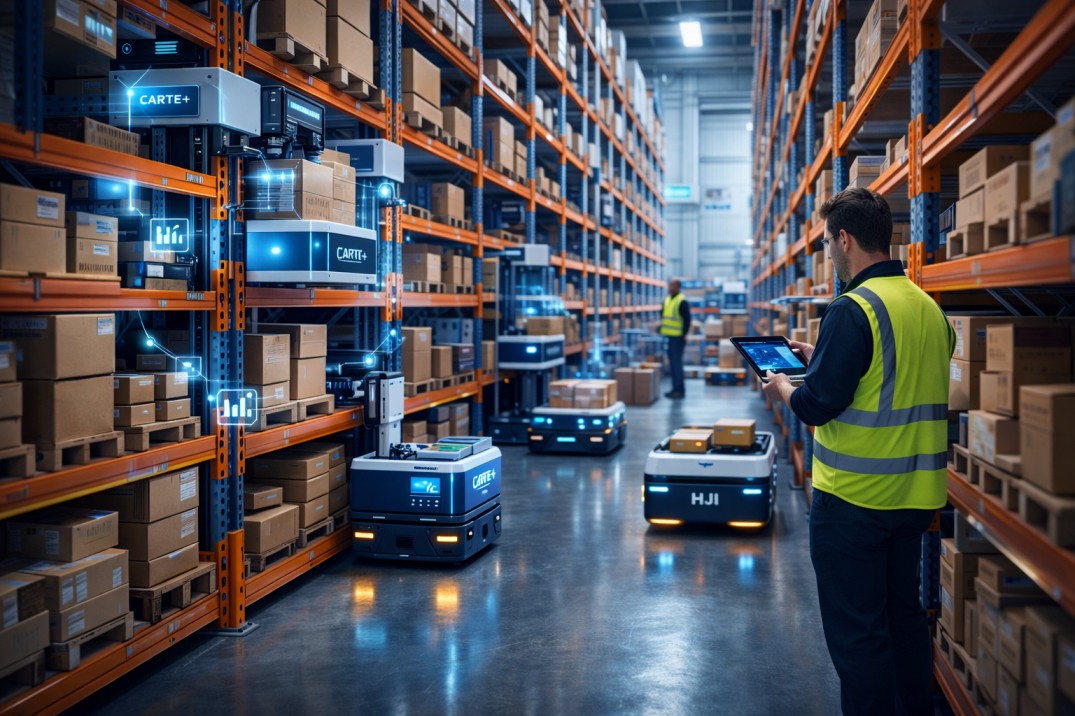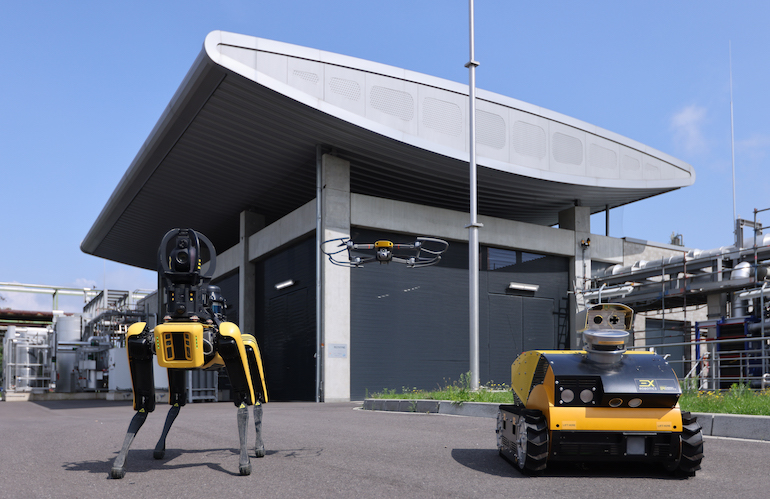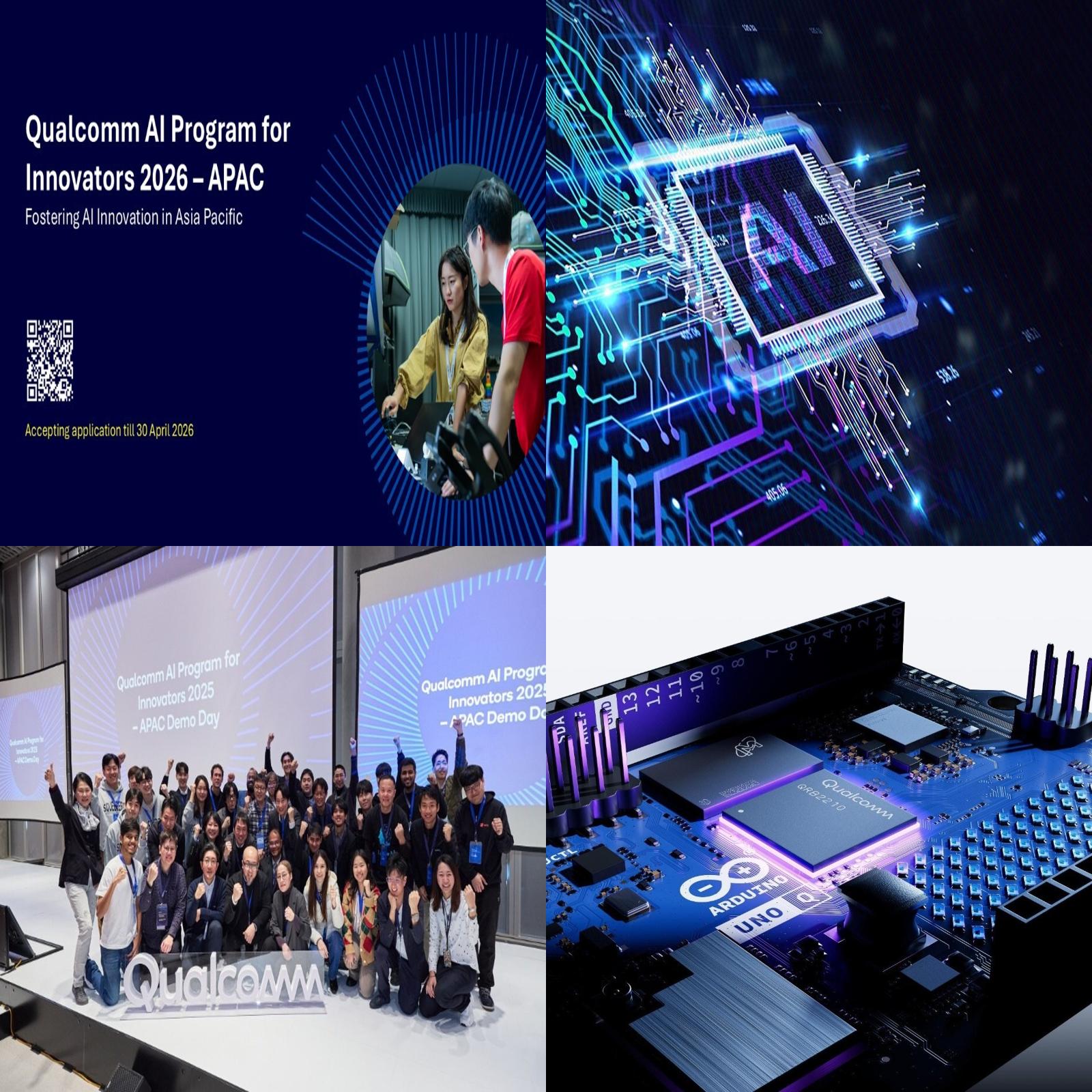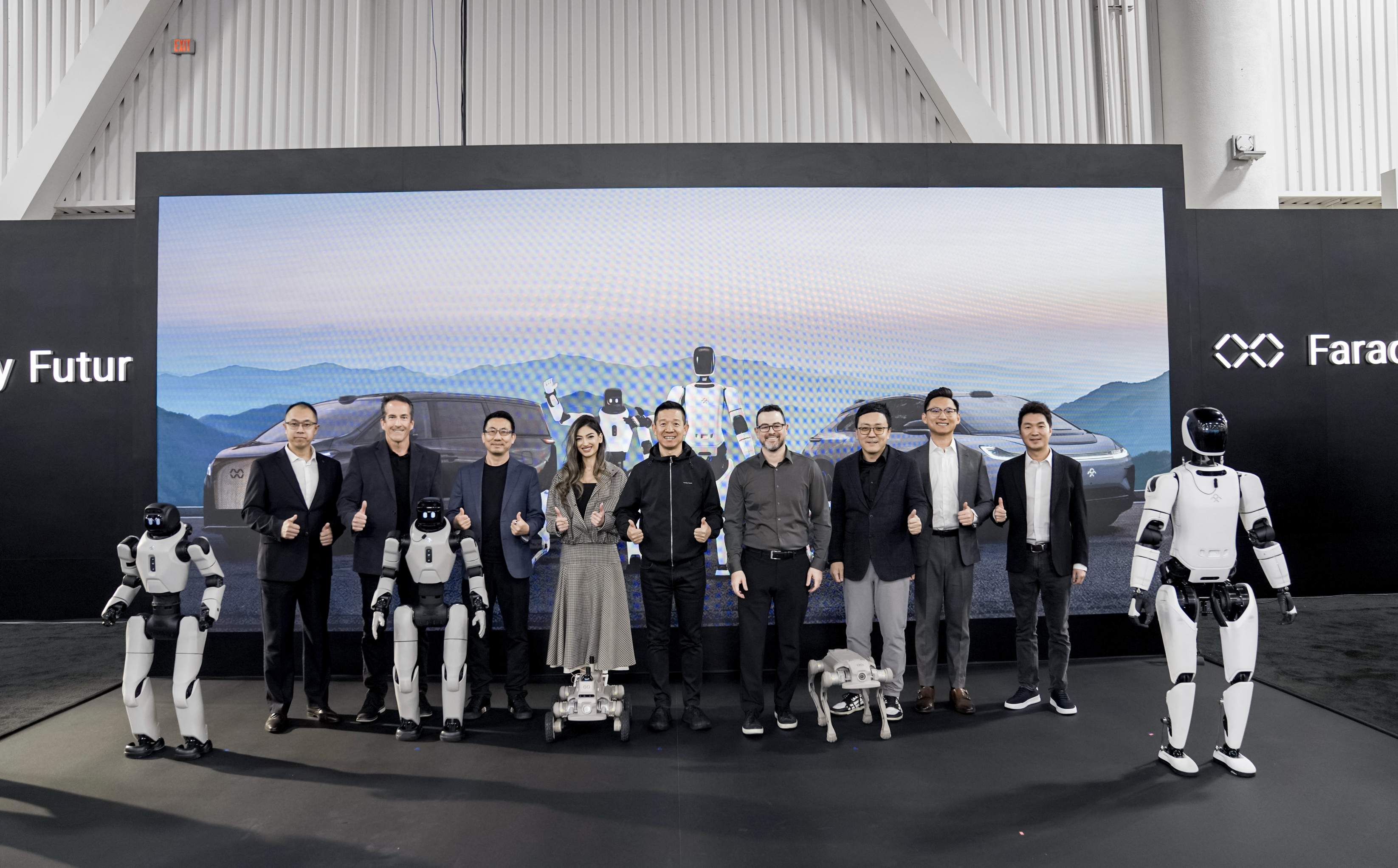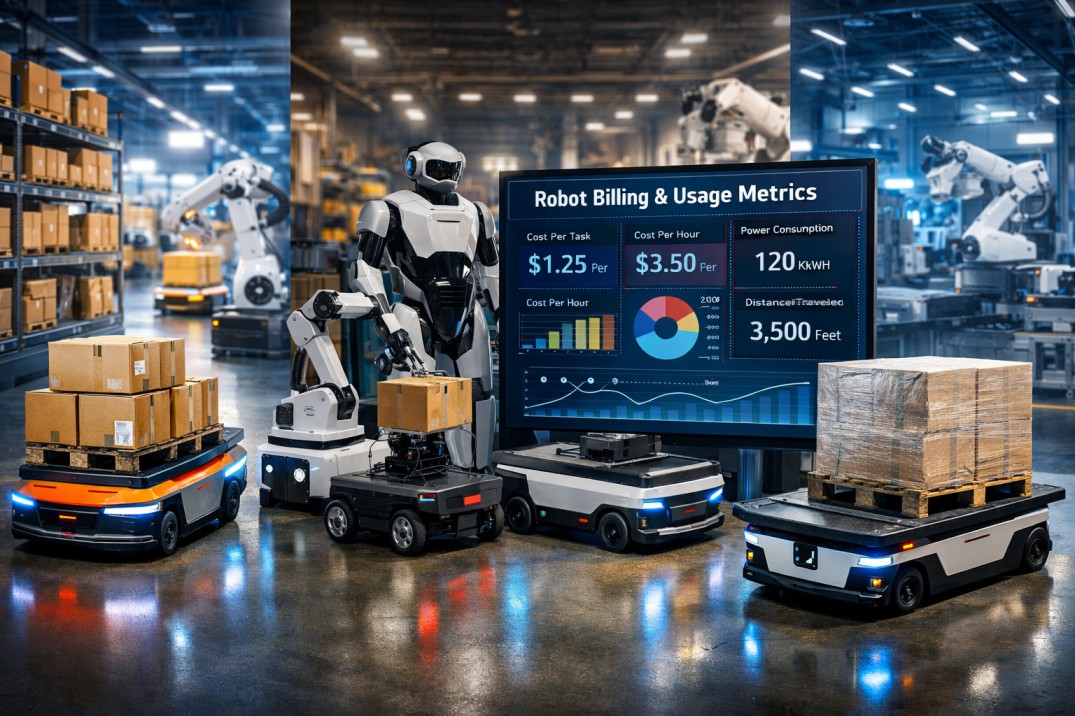Last year, Medtronic, based in Dublin, Ireland, opened a 100,000-square-foot facility on Channel Center near the Seaport District as headquarters for this emerging business, which locally employs about 350 people. In addition to research, development, and product testing, Medtronic also uses the space to introduce Hugo to surgeons and train them on how to use the technology.
The company has operated in the region for decades: It employs 2,400 in the Bay State and 5,600 in New England. But for its surgical robotics business, Medtronic needed a more prominent space so it can recruit talent and form partnerships with nearby research universities, said Mike Marinaro, president of Medtronic’s medical surgical portfolio and surgical operating unit.
“Boston is quite literally the hub for medicine and technology,” said Marinaro, who graduated from Boston College. “And to be able to have this level of proximity to the physician community is just tremendous.”
“As we thought about this space, we really wanted to be able to have the capacity to be able to attract all sorts of interaction,” he said. “Previously we had such a small footprint that it just was not possible.”
Brian Johnson, president of the Massachusetts Medical Device Industry Council, said Medtronic’s decision will provide a big boost to the region.
Although the state has been home to medical device firms, most notably Boston Scientific Corp. in Natick, they have mostly focused on manufacturing and distribution. Getting a large, outside medtech firm like Medtronic to establish a major R&D headquarters here is pretty rare, he said.
“The company’s decision to base one of its most promising and innovative divisions in Boston is significant in what it says about our ecosystem and the culture of innovation Massachusetts has fostered for medical technology,” Johnson said.
Surgical robots have been attracting more attention. From 2015 to 2023, the global market for such technology has grown from $800 million to $3 billion, according to Bain & Co.
“Robotic and digital surgery represents a new frontier for medicine, for which we’ve hardly scratched the surface,” Johnson said. “Advances in robotic surgical systems come with a promise of democratizing surgery, reducing the burden on hospital systems, and bring advanced surgical techniques to the far corners of the earth.”
Surgical robots from big health care corporations like Johnson & Johnson and Siemens have their roots in Boston. Massachusetts is also home to emerging firms like Vicarious Surgical, Activ Surgical, and AIM Medical Robotics.
Medtronic’s Hugo system focuses on lower body procedures like hysterectomies (removal of the uterus) and prostatectomies (removal of the prostate gland). The technology allows doctors to perform these operations much more safely and efficiently, executives say.
“When you watch a robotic procedure and compare it to a (regular) procedure, you see the level of precision and dexterity that Hugo offers a physician and it clicks almost immediately what the value is,” Marinaro said.
But Hugo is much more than just robot arms. The platform offers virtual simulations so surgeons can better prepare for the procedures. And thanks to artificial intelligence, Hugo can also provide doctors with real time data and analysis so they can make necessary adjustments during the actual operation.
“We are looking at AI to be able to identify anatomic structures,” said Rajit Kamal, vice president and general manager of Medtronic’s surgical technologies business. “We are looking at AI to bring intra-operative intelligence for the surgeons.”
“I think about AI more how we use GPS,” he said. “GPS tells drivers the fastest and most optimal way to get from Point A to Point B. AI can provide that same real-time guidance, real-time perspective to surgeons.”
In addition, doctors in one country might one day be able to remotely perform surgery on a patient in another country.
“You can connect any surgical robot to an infrastructure where you are able to share the data,” Kamal said. “So I think we can constantly explore what options and opportunities we have. I see a lot of potential and possibility of remote surgery in general in the surgical space.”
The Food and Drug Administration has not yet approved Hugo for use in the United States. But Medtronic has already been selling the technology in Europe, South America, and Asia.
But the major goal, Marinaro said, is to introduce the system to surgeons so they get comfortable with it. Doctors are used to doing things a certain way and Hugo represents a significant technological leap, he said.
“It’s critical that we provide ample training to physicians to do this really well,” Marinaro said.
That’s where Medtronic’s new facility in Boston comes in. Establishing relationships with doctors, hospitals, and universities will go a long way in helping Hugo gain acceptance from the broader health care community, he said.
“There’s so much opportunity in front of us,” Marinaro said.


